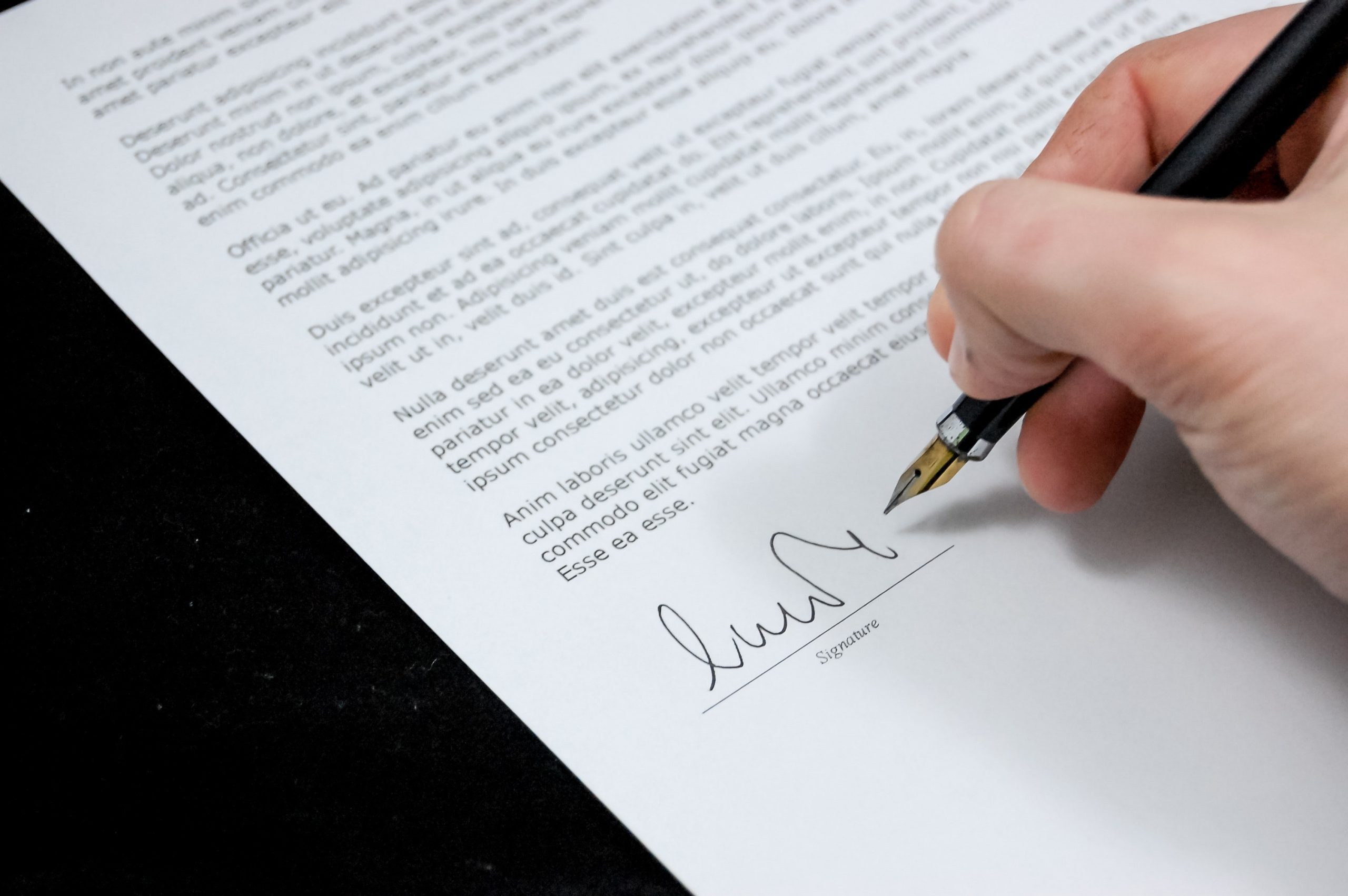If you are looking to apply for an international scholarship, a letter of recommendation is one very important requirement that you’ll need. For a lot of people who dream of studying abroad, the costs involved are usually very intimidating. But with an international scholarship, you stand a chance of making that dream come true. That’s where a good letter of recommendation comes in. A well-crafted letter of recommendation can be the key to getting opportunities that will set you on the path to your academic and career goals.
In this blog post, we’ll explore the art of writing the perfect letter of recommendation for your scholarship application. Whether you’re a student looking for recommendations or you’ve been tasked to write one for a student, understanding what the process entails is important. So, let’s delve into the essential aspects you should know to make your letter shine like a beacon in the sea of applicants.
What Is A Letter Of Recommendation?
A letter of recommendation, also known as a reference letter or simply a recommendation letter, is a written document in which one person, typically someone with knowledge of the applicant’s character, abilities, qualifications, or accomplishments, expresses their support or endorsement of that individual for a specific purpose. These purposes often include job applications, academic admissions, scholarship applications, internships, or any situation where a person’s qualifications and suitability need to be assessed by a third party.
A well-crafted letter of recommendation throws light on the person’s strengths, skills, and personal qualities, giving a more comprehensive and credible perspective than what you can convey yourself. These letters are often written by professors, teachers, employers, mentors, or colleagues who can speak to your abilities and potential, and their role is important in helping decision-makers evaluate candidates for various opportunities.
15 Steps To Crafting The Perfect Letter Of Recommendation
- Start early
- Choose the right recommender
- Communicate your goals
- Provide a resume or brag sheet
- Focus on specifics
- Highlight soft skills
- Address weaknesses honestly
- Craft a strong opening
- Follow the scholarship guidelines
- Edit and proofread
- Express gratitude
- Keep copies for references
- Follow up
- Prepare for interviews
- Plan for multiple recommendations
Start Early
One of the biggest mistakes applicants and recommenders make is waiting until the last minute. Give yourself and your recommender ample time to craft a thoughtful and impactful letter. This will enable you to gather all the necessary materials and information, ensuring a well-rounded and persuasive recommendation. Don’t say “Is it not just to write about me?”. Even though the essay is about you, careful and thorough work needs to be put into it. There are a ton of candidates. Only those who stand out will be given a chance. So, put your best foot forward.
Choose the Right Recommender
The person writing your recommendation can significantly influence your chances of securing the scholarship. Select a recommender who knows you well, preferably a teacher, mentor, or employer who can speak to your character, abilities, and potential. Avoid choosing someone solely based on their title or position. Only a person who knows you can truly speak to your unique experiences and credibility. It doesn’t matter if they don’t have a big title or position in society.
Communicate Your Goals
Scholarship committees want to see a clear alignment between your goals and the scholarship’s mission. Before your recommender starts writing, have a conversation with them about your aspirations, career goals, and how the scholarship will help you achieve them. This information can be woven into the recommendation, making it more compelling. While you are not trying to actively influence their recommendation, they should be able to understand your goals and communicate them in the essay accordingly.
Provide a Resume or Brag Sheet
A brag sheet is a comprehensive document highlighting your achievements, extracurricular activities, volunteer work, and any relevant personal experiences. You can give one to your recommender, this will help them write a detailed recommendation because they will have a broader understanding of your background, all the things you’ve been able to do, and how they apply to your goals.
Focus on Specifics
A regular recommendation letter won’t cut it. Encourage your recommender to include specific examples of your accomplishments, leadership skills, and personal qualities. They should personalize it and tailor it specifically to you. A third party going through the essay should feel like they know enough about you, your achievements, and your goals. This will add depth to your application and make you stand out from the crowd.
Highlight Soft Skills
In addition to academic achievements, emphasize your soft skills such as teamwork, communication, leadership, teachability, and problem-solving abilities. These qualities can be just as important to scholarship committees as your grades. They should know that you can adapt and fit into already existing communities and your ability to work and relate with other people.
Address Weaknesses Honestly
If there are any blemishes in your academic record or personal history, it’s best to address them candidly. Your recommender can mention how you’ve overcome challenges, demonstrating resilience and determination. A good story is not just about the good part, it is also about how you have been able to experience and manage the not-so-good parts too.
Craft a Strong Opening
The first few lines of your recommendation letter are crucial. A compelling opening can grab the committee’s attention and set a positive tone. Consider starting with a memorable experience or a statement that underscores your suitability for the scholarship. The first step is to get them interested in knowing you, then you can follow up the rest of the essay by convincing them about your capabilities.
Follow the Scholarship Guidelines
Each scholarship has specific requirements for recommendation letters, including format, word count, and content. Make sure your recommender adheres to these guidelines meticulously to avoid any disqualification. Do add anything that isn’t needed or required. Remember that too much embellishment can spoil the sauce. Put your best foot forward but ensure it is at just the right spot.
Edit and Proofread
Once your recommendation letter is drafted, review it carefully for grammar and spelling errors. A polished, error-free letter demonstrates professionalism and attention to detail. It shows you put effort into going through your work to ensure that it is ready for submission. As small as this might seem, it speaks well of you and gives your application an edge over other applications.
Express Gratitude
After your recommender has written the letter, don’t forget to express your gratitude. A simple thank-you note can go a long way in maintaining a positive relationship with them and ensuring their willingness to support you again in the future. Don’t burn bridges because you’re leaving Nigeria.
Keep Copies for Reference
It’s a good idea to keep copies of all your recommendation letters. You may need them for future scholarship applications or other opportunities. Save them in a secured drive online and ensure that you can access them whenever you need them.
Follow Up
Once you’ve submitted your scholarship application, follow up with your recommender to confirm that they’ve submitted the letter. This shows your commitment and professionalism. They might have forgotten or they have a lot on their plates, a simple email or call would suffice.
Prepare for Interviews
In some cases, scholarship committees may want to interview you based on your application and recommendation letters. Be ready to discuss the content of your recommendation and your goals in more detail during such interviews. This is why it is important to be truthful and only speak about your experiences you can defend.
Plan for Multiple Recommendations
Many scholarships require more than one recommendation letter. If you’re submitting more than one, ensure that each letter provides a unique perspective on your qualifications and character. While your experiences and achievements might be the same, your recommenders are likely to have different perceptions of those experiences.
Conclusion
A well-crafted letter of recommendation might just be the key that will set you apart and unlock your dream of furthering your education abroad. You can get a compelling essay by following these simple yet effective tips. Remember that scholarships are not just about your past achievements but also your potential to positively impact the world. So, put your best foot forward, and may your scholarship journey be a successful and transformative one!













